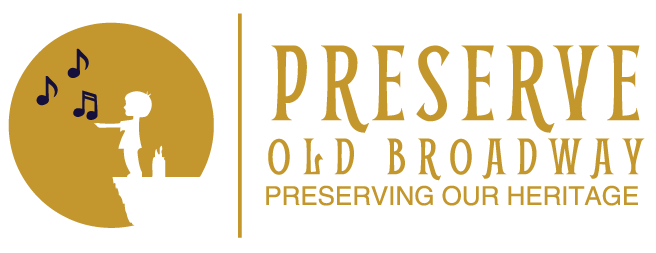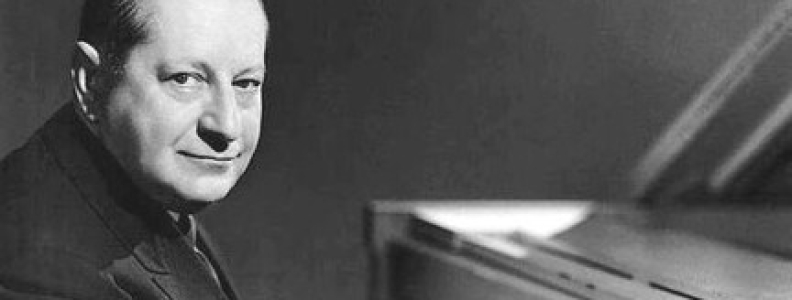Did the Operetta Form Die in 1917?
After the death of Frank Saddler in 1921, Jerome Kern’s work on Broadway (1921-1939) would include lush, operetta songs alongside lovely, popular tunes. Critics liked to say that, by 1917, the operetta “form” was old and threadbare and musical comedy was new and exciting. This is an error in timing. Even in their prime, operettas were dragged down by unbelievable stories, written in stilted dialogue. What kept operettas alive and packed customers into the theatre seats was the caliber of the music.
Eileen (1917.07) might have closed out Victor Herbert’s career, but Rudolf Friml and Sigmund Romberg kept the operetta form alive well into the 1920’s, with such shows as Rose Marie (1924.28), The Student Prince (1924.45), The Vagabond King (1925.32) and The New Moon (1928.29). Even though The New Moon came out after Show Boat, it still drew large audiences, because it contained a number of beautiful melodies that were both varied and nuanced. The New Moon has one of the greatest songs written for a men’s chorus, “Stout-Hearted Men.” But it also has the haunting tango “Softly As in a Morning’s Sunrise” (uploaded in the Segment Musical Examples of Different Approaches) and the song that we are now providing, the bittersweet “Lover, Come Back to Me.”
An even better example of the incredible diversity of music that comes from an operetta is a song that has been adapted from Herbert’s Mlle. Modiste (1905.57). Herbert wrote “If I Were Asked to Play the Part” for the prima donna, Fritzi Scheff, for the specific purpose of allowing her to showcase her talents. Later, one part of the song was separately published because of the attention it got on the stage. “Kiss Me Again” is almost whispered at its conclusion; every major soprano has sung it at some point in her career. Eleanor Steber sang it; Beverly Sills sang it; Rosa Ponselle sang it in 1937; Scheff came out of retirement to sing it in 1936. Our own preference is the performance by the magnificent Amelita Galli-Curci. Even with the imperfections in this early recording (1923), we can hear the delicacy with which she sang it, so little of Galli-Curci and so much heartbreaking poignancy.
It’s ironic that operettas continue to live on in film adaptations, and you can see these films (e.g., The Firefly, Naughty Marietta, Rose Marie, The Student Prince, The New Moon) preserved on DVD’s at TCM or other film outlets.
The voice of the gifted Mario Lanza has been dubbed onto the soundtrack for The Student Prince. Here is Lanza singing “Serenade.”

